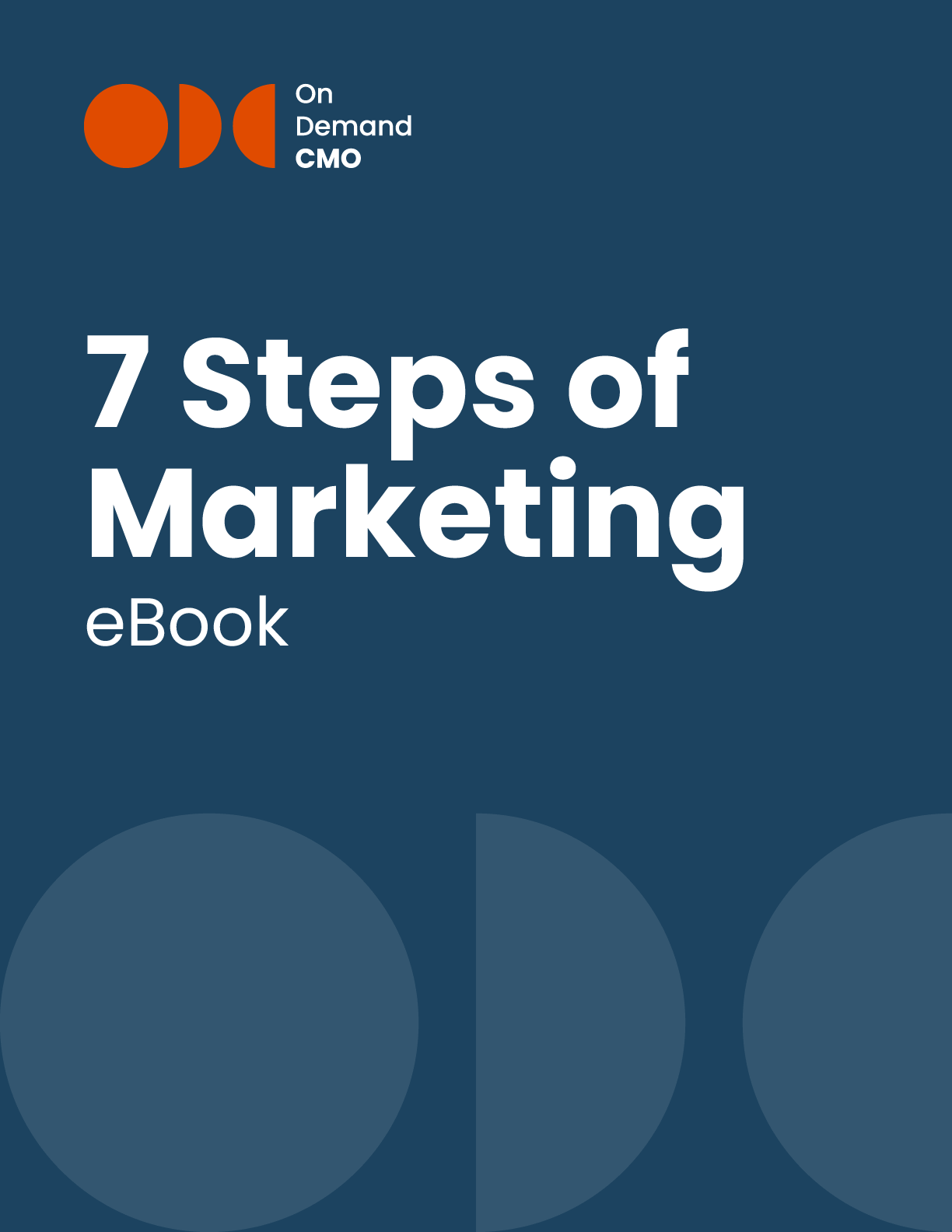Content marketers have it tough sometimes — creating all that content is no easy matter and staring down an empty editorial calendar with nary a tweet in hand is enough to give any content marketer pause. But it doesn’t have to be that way. Done judiciously, repurposing existing content can help fill in those gaping holes in your editorial calendar and reduce some of the stress inherent to content marketing.
Now, what do I mean by Repurposing: Content marketing made easy? Well for starters, repurposing is not plagiarizing other people’s work. Seriously, that’s often illegal and definitely not cool. Repurposing is taking one piece of content you already have and making it fresh by changing the angle or putting it in a new format (e.g. presentation to blog post).
Benefits of repurposing:
- Reach different audiences or reinforce the message to the same audience. Repurposing content is a great way to connect with different people. The people who read your blog may not be the same ones who listen to your conference presentation. Repurposing a presentation into a blog post suddenly expands the reach of your content significantly. Likewise, if the folks who are on your email list also read your blog, you can powerfully reinforce your message by repeating it in both places. As Seth Godin said, “Delivering your message in different ways, over time, not only increases retention and impact, but it gives you the chance to describe what you’re doing from several angles.”
- Reduce content creation time. It doesn’t take nearly as long to alter content as it does to create it from scratch.
- Extend your content’s lifespan. Every piece of content has a lifespan—based on its relevancy and currency. The more ways you can repurpose the content, the longer its lifespan will be. The longer your content’s lifespan, the less content you have to create.
- Stretch marketing budgets. Many organizations have aggressive goals, but conservative marketing budgets. Since it is easier and less time-consuming to modify existing content than to create new content, repurposing content will help you stretch your budget, no matter how thin it is.
- Cross promoting media properties. You probably have several media properties—a blog, a YouTube channel, a Twitter account, for example–and repurposing content for each of these channels is a great way to cross-promote your channels. By repurposing a video on your YouTube channel into a blog post, you can link to the post in the video and vice versa. Then you can tweet both the video and the post. And round and round this can go…
How to repurpose content:
- Split up existing premium content. Already have an ebook or a whitepaper? Take portions of your ebook or paper and turn them into blog posts. Those blog posts can then become social shares.
- Look for evergreen content ideas. Evergreen content is a journalism term and like the trees it’s named after, it’s content that is always fresh. I wrote about the Oreo tweet from the 2013 Super Bowl. It was a great post but it was not evergreen—however, these posts on editorial calendars, developing a channel strategy, and responsive web design all are. Evergreen content is really easy to repurpose as there is almost no limit on how you can recycle it.
- All future content creation should be designed for repurposing. Going forward, approach each piece of content with the mindset of repurposing it. When you find your topic, write a blog post or two about it, make an infographic with the data, make a short video of an employee expert discussing the topic, and then combine all of these things into an ebook you can share with your mailing list. Heck, if you’re topic intersects with something in the news, you can even add newsjacking and media interviews to your repurposing tool kit.
Repurposing content is such a powerful tool for content marketers. Not only does it help you create original content, but it helps you disseminate your content and get in front of different viewers, and get it in front of them over and over again. Stop running on the content treadmill, hoping you won’t fall off. Instead, use strategic repurposing to maximize your content investments!

